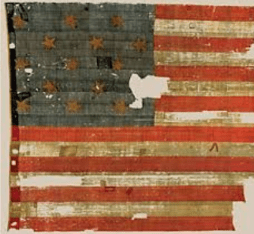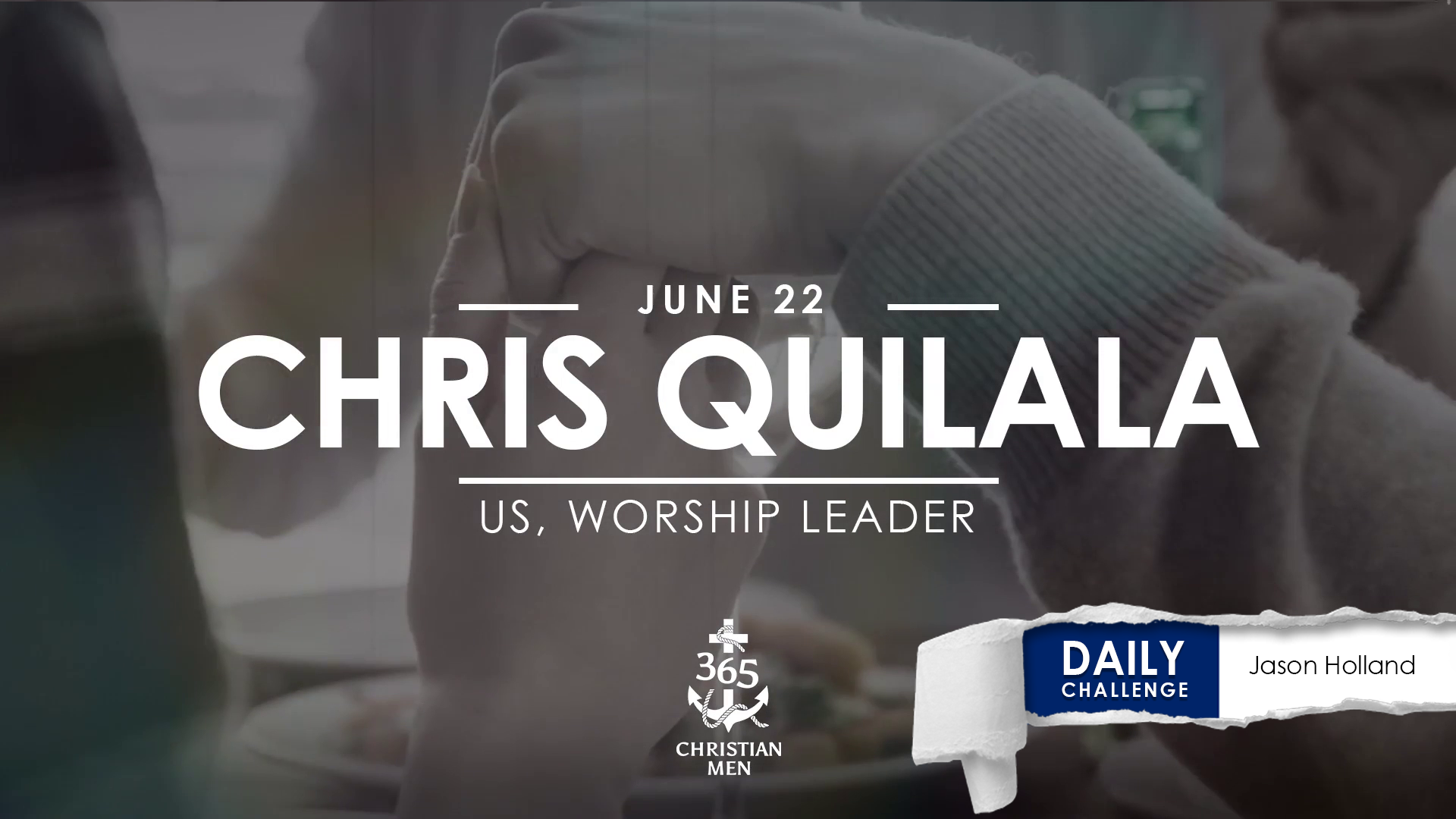June 30. David Green. Green, with $600 in his pocket and a craft idea, founded the arts-and-crafts store Hobby Lobby. So far, his idea has grown into 900 stores and several major ministries.
Still, the principles Green bases his decisions on are not always popular. Today’s story tells about a principle Green had to fight for. On this date in 2014, Green won his case in the United States Supreme Court.
At the crossroads of Right–versus–Popular stands a man who can make a difference.
His eyes closed, Green sat alone in his office, deep in prayer. This may be an atypical scenario for the CEO of a multibillion-dollar enterprise like Hobby Lobby, which is owned and operated by the Green family. But prayer had been a vital part of the fabric of Green’s life since his childhood.
Growing up a pastor’s son, he had seen for himself how God moved through prayer and principled living. There in the quiet, Green called to mind memories of the many times over his lifetime God had answered impossible prayers. Today, perhaps more than ever, he needed to remember.
Green found himself entangled in a ferocious legal battle and boxed his way from the Oklahoma US District Court all the way to the Supreme Court of the United States. And the controversy was still alive and well. For more than two years, Green and his family had been fighting to defend deeply held Christian values foundational to their lives and business.
He said, “It’s amazing how God has blessed us beyond our comprehension. We see ourselves as stewards not owners.… This isn’t ours; it belongs to God.”
With more than 900 debt-free stores nationwide, Hobby Lobby provides more than 32,000 jobs. It generates over $4.6 billion dollars in annual revenue and dedicates half of the corporate profit each year to Kingdom purposes. So the stakes that Green faced as he prayed that day were significant.
The problem: In 2010, The Affordable Care Act mandated that all US companies provide twenty forms of contraception free of charge to all employees, four of which would terminate pregnancy after conception. To Green and his family, to support any form of birth control that would end a life after the moment of conception was unthinkable. It also violated the biblical principles, which their company bylaws mandated them to uphold.
“There were four of the contraceptives that we could not agree with because we knew it would take life,” Green said. “We had to go against our government. We didn’t want to, but we felt we had to.”
The government warned that if Hobby Lobby did not comply with this mandate, the government would assess the company a fine of $1.3 million per day for every day it was in violation. Unwilling to compromise his position, Green decided to take the issue to the Supreme Court and fought for his deeply held principles rather than cave in.
“It’s our rights that are being infringed upon to require us to do something against our conscience,” said Green. “All the things we do, all our behavior, should let others know that we are living by, and operating in, biblical principles.”
Knowing there was a possibility of losing the family business in the legal battle, Green called a family meeting to discuss the risks involved, and everyone agreed to proceed.
“We believe that the principles that are taught scripturally are what we should operate our lives by… and so we cannot be a part of taking life,” explained Hobby Lobby President Steve Green, David Green’s son.
At the end of a long, treacherous legal battle, Green’s prayers and uncompromising journey were rewarded when the Court ruled five to four in favor of Hobby Lobby and the religious freedom of Christian business owners in America.
“The Supreme Court granted a landmark victory for religious liberty on June 30, 2014 in Burwell v. Hobby Lobby Stores, Inc., ruling that individuals do not lose their religious freedom when they open a family business.”
“Love the LORD your God and keep his requirements, his decrees, his laws and his commands always” (Deuteronomy 11:1 NIV).
How can you approach the battles you find yourself in today? At the crossroads of Right-versus-Popular stands a man who can make a difference.
ChristiaNet. “Hobby Lobby CEO, David Green.” Copyright 2017. Accessed May 9, 2020.
HobbyLobbyCase.com “Supreme Court Rules in Favor of Hobby Lobby: A Victory for Americans Who Seek to Live by Faith.” Accessed May 9, 2020. http://hobbylobbycase.com/.















